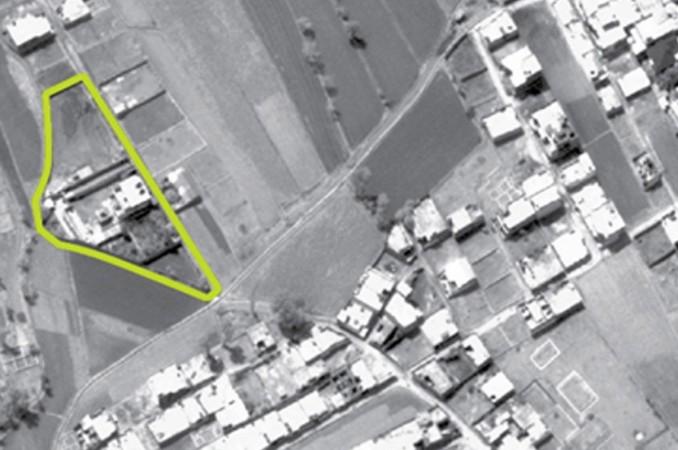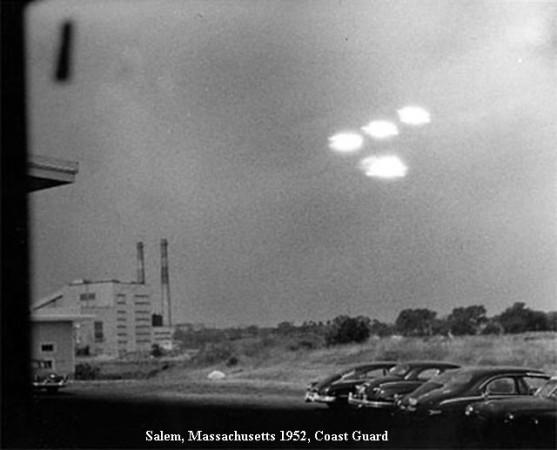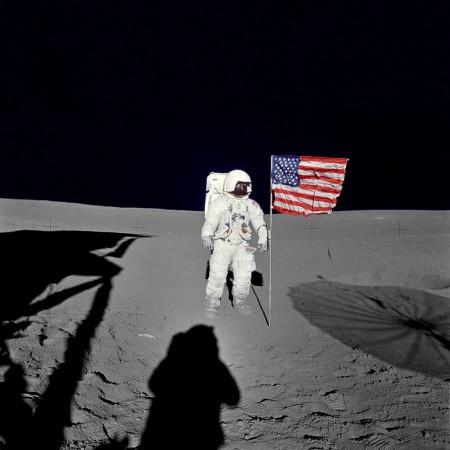For as long as there have been massive news stories that take the world by storm, there has been an equal number of conspiracy theories that aim to disprove or "reveal the truth" about it. One of the greatest conspiracy theories in the last few decades were centered around the JFK assassination and the Moon landings.
The Moon landings conspiracies are so strong and prevalent that there are entire groups dedicated to educating the masses on the moon landing "hoax", to reveal "the truth" that Buzz Aldrin and Neil Armstrong never really landed on the Moon.
Theories range from the "obvious" inconsistencies in the Moon photographs—why are there no stars, why is the flag flapping, why does the footprint image not match with the actual boots—and so on.
More recently, the September 11 attacks in New York was under the scrutiny of conspiracy theorists who gained serious traction online with slogans like "jet fuel can't melt steel beams".
It begs the question - why do people fall for such conspiracy theories that have been proven time and again to be false?
A report by the Washington Post recently delved into this same question and spoke of the effect that conspiracy theorists have and how they can actually affect political and social discourse.
The desire to make sense of the world is one of the foremost reasons why people fall for such theories.

Humans, as a species, is always looking to make sense of their surroundings and assigning meaning to incidents in this manner, and conspiracies, especially when they are as the report points out, "internally cohesive" seem to make a lot of sense to some.
For instances that apparently do not add up, a theory can answer certain questions and bring clarity, no matter how fantastical it may be - take the pizzagate scandal, for example. Many genuinely believed that there is a sex racket involving minor children orchestrated by Hillary Clinton.
A conspiracy theory can, "help us to understand the unknown whenever things happen that are fearful or unexpected," said Jan-Willem van Prooijen, a social psychologist at Vrije University in Amsterdam. This feeling can be strong enough to even override truth and its value to some people.
In a study carried out by the University of Kent, it was found that conspiracy theorists have a high degree of tolerance toward contradictory evidence and so they simply ignore the evidence presented to them.
The Kent study, notes the report, found that in one example, people who believed that Osama Bin Laden died before the Abbottabad raid also later believed that Bin Laden was still alive somewhere in spite of both stories obviously contradicting each other.

The only common thread between those two versions of the story is that the Obama administration's report on the operation was false and the stories also denied it.
Another reason why the theories flourish so much is that it serves as an ego boost, notes the report.
People who believe in conspiracies think of themselves as having some kind of inside info that no one else has access to. They think they know what's happening in the shadows, behind the curtains, and this leads them to think of those who do not dig deeper in search of the truth, deluded, or even "Sheeple".
They have a desire to stand out from the crowd, notes the report.
A study conducted at Johannes Gutenberg University in Germany, notes the Post, found that belief in theories was a lot stronger with people who spoke of wanting to stand out from the crowd.
Such ones, called people with a high "conspiracy mentality" were also found to believe something when they were told how a minority percentage of people believed the story, as opposed to a vast majority.

Another factor that cements conspiracy theories in people's minds is the rejection and hardship that they face because of their beliefs. Such feelings can intensify one's need to trust a story that empowers them and even justifies the given situation, whether the story is true or not.
As a result, those who are dissatisfied with the world, notes the report, like those who are unemployed for example, or people that support extreme ideas and ideologies were found to be highly susceptible to conspiracy theories.
When theories become a deep-seated part of the public's consciousness, says the Post, they eventually erode the trust of the believers in the status quo. As a result, this kicks off a cycle that creates the right conditions to spur even more outlandish conspiracy theories.










